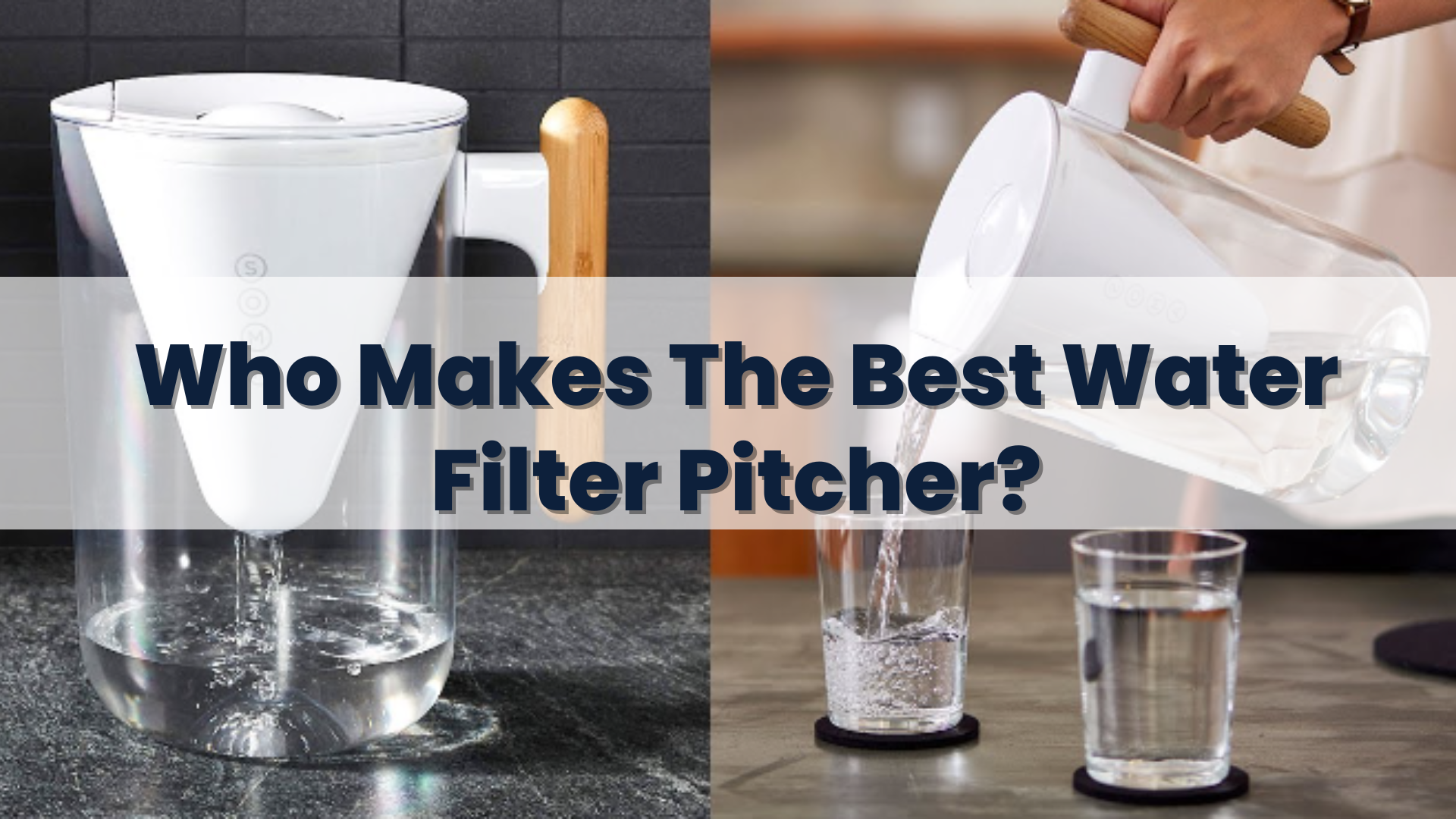Choosing the best water filter pitcher for your home can seem like a daunting task, with so many options available. You want to make sure you purchase the right one that not only fits into your budget but also provides optimal filtration and convenience.
Factors To Consider When Buying A Filter Pitcher
Type Of Filter: It’s important to consider the type of filter that is used in the pitcher since this will determine the quality and effectiveness of your filtered water. Some pitchers use a combination of activated carbon, ion exchange resin, and other materials for maximum filtration, while others only rely on one type of material.
Material Quality: The material used for the construction of the pitcher and filter should also be taken into consideration, as it will affect how long-lasting and durable your purchase is. BPA-free plastics are often a safe bet, as they don’t contain any harmful chemicals that can leach into your water.
Efficiency: Not all filter pitchers are created equal, and some have a greater capacity for filtering than others. Make sure to research the efficiency ratings of different products before making your purchase, as this will give you an idea of how effectively the pitcher is able to remove contaminants from your water.
Testing & Certifications: It is also a good idea to look for products that have been tested and certified by independent third-party organizations, such as those from NSF International. This will ensure that the filter meets certain standards of quality and provides an accurate representation of what you can expect from your filtered water.
Filter Replacement: When buying a filter pitcher, consider how often the filters will need to be replaced. Make sure you’re aware of the cost and availability of replacement filters, as well as how easy it is to replace them.
Capability: Consider what type of contaminants the pitcher can remove from your water. Some pitchers are able to filter out chlorine, lead, and other common contaminants, while others may be better suited for removing sediment and rust.
Filtration Speed: The speed at which your filter pitcher is able to purify water can vary significantly, so it’s important to look into this before making a purchase. If you need filtered water quickly, then you should opt for a product with faster filtration times.
Ease of Use: The usability and convenience of the filter pitcher is other important factor to consider. Look for products that are easy to use and refill, as well as pitchers with features such as pour-through lids or built-in spouts for convenient dispensing.
Capacity: Think about the pitcher’s capacity when buying a pitcher filter. If you have a large family or use a lot of filtered water on a daily basis, then you’ll need to buy a pitcher with a larger capacity in order to meet your needs.
Price: The price of your filter pitcher will depend on what features and quality you’re looking for. More expensive pitchers tend to have better filtration capabilities and last longer. However, there are also some great quality budget-friendly options out there that can still provide clean and safe drinking water for your family.
Brand: Different brands may offer different features, so it’s important to do some research before making your purchase. Look for reputable companies that have a track record of producing reliable and efficient filter pitchers. Reading customer reviews can also be helpful in finding the best product for you.
BPA-Free Manufactural Material: Check to make sure that the filter pitcher is made from BPA-free plastics. BPA-free plastics are a safer option as they do not contain any harmful chemicals that can leach into your water.
Warranty: Filter pitchers come with different warranty periods, so be sure to read up on the product’s warranty before buying. This will give you peace of mind that you’re covered should any defects or malfunctions occur down the line.
Benefits Of Water Filter Pitcher
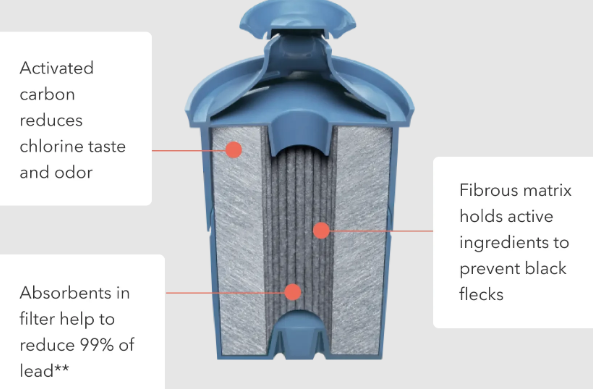
Cleaner, Better-Tasting Water: Water filter pitchers use activated carbon to remove any residual odors and tastes. This helps improve the taste and overall health of your drinking water.
Cost-Effective: While there are many more expensive ways to filter your water, a filtered pitcher is often much less expensive than other options. It also requires minimal maintenance and can last for several years.
Convenience: Water filter pitchers are typically small enough to fit in your refrigerator or on a countertop, making them convenient to use and store.
Environmentally Friendly: Filtered water pitchers are reusable and help reduce the number of plastic bottles used for bottled water.
How Do Test Water Filter Pitchers?
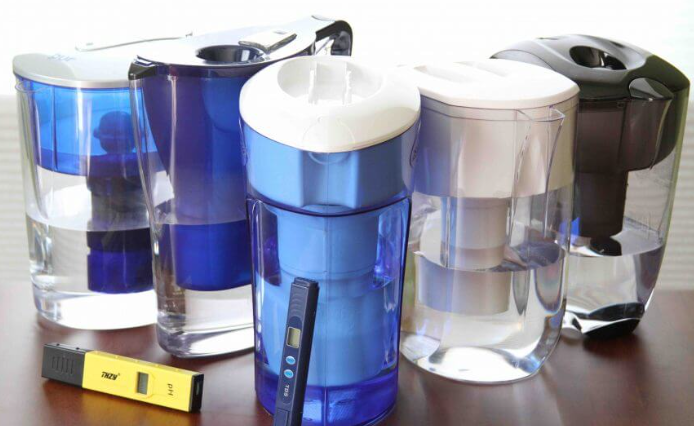
Testing For TDS: The best water filter pitchers reduce total dissolved solids (TDS) through the use of activated carbon and other filtering media. The most accurate way to test total dissolved solids is by using a TDS meter.
Filtration Rate: The speed at which a filter can remove contaminants from the water is known as the filtration rate. This is measured in gallons per minute (GPM). Higher GPM ratings indicate that the pitcher or tap-mounted filter can clean more water faster, making them better suited for high-volume usage.
Durability Testing: It evaluates the water filter pitcher’s ability to withstand long-term use. This includes testing how it stands up to shock and vibration, as well as how long the filter cartridge lasts before needing to be replaced.
What Affects The Taste Of Water?
Source: Where your water comes from can have a major impact on its taste. Tap water may contain chlorine, while surface water may contain sediment and microbes.
Contaminants: The presence of contaminants in your drinking water can affect the taste. Lead and other heavy metals are often found in tap water, as well as various types of bacteria, nitrates, and pesticides.
Temperature: The temperature of your water can also affect its taste. Colder water tastes fresher, while warmer water can have a musty.
Oxygen: If there is not enough oxygen in the water, it may taste flat or stale.
Minerals: Water that contains high levels of minerals such as calcium and magnesium can give it a bitter or metallic taste.
Contaminants That Water Purifier Pitchers Remove
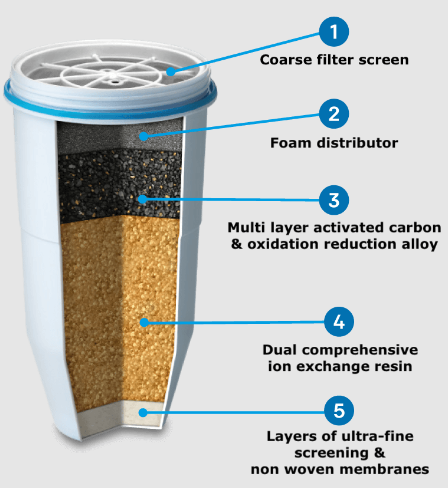
Chlorine: Chlorine is often added to municipal water to reduce bacteria, making it safe for drinking. However, it can also give the water a strong odor and taste. The best water filter pitchers are designed to remove chlorine from your drinking water, resulting in better-tasting and smelling water.
Lead: Lead is a heavy metal that can be found in older pipes, and it can leach into your drinking water if the pipes are not properly maintained. The best water filter pitchers reduce lead levels, making them safer for you to drink.
Pesticides: Pesticides are commonly used on crops and can make their way into drinking water. Water filter pitchers help to remove these contaminants.
Microbes: Bacteria and other microbes can be found in surface water sources such as lakes and streams. To protect you from viruses and bacteria, some water filter pitchers are also designed to remove them from your drinking water.
Nitrates: Nitrate levels can be high in some areas, making your water unsafe to drink. Water filter pitchers are able to reduce the amount of nitrates in drinking water, creating healthier drinking experiences for you and your family.
FAQs
Are You Really In Need Of A Water Filter Pitcher?
If you want to improve the taste and quality of your water, then a good-quality water filter pitcher is an ideal choice. Water filter pitchers are also perfect for people who don’t want the hassle of installing a full-home water filtration system.
How Many Certifications Are Enough?
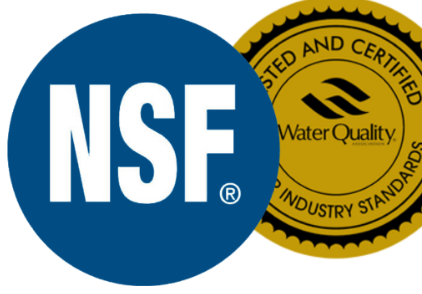
When choosing a water filter pitcher, it’s important to look for one that is certified by reputable organizations such as the NSF. Look for certifications from other bodies such as WQA (Water Quality Association) or IAPMO (International Association of Plumbing and Mechanical Officials).
Do Pitcher Filters Effectively Remove Fluoride From Drinking Water?
It depends on the type of pitcher filter you choose. Some water filter pitchers are designed to reduce fluoride levels in drinking water, while others may not be as effective.
How Often Should You Replace Your Water Pitcher’s Filter?
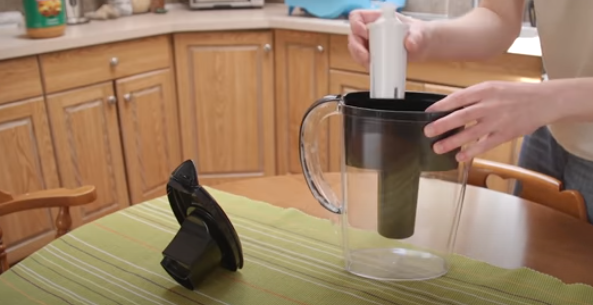
Replace your pitcher filter every 2-4 months for optimal performance. Replace your filter according to the manufacturer’s instructions to ensure that you get the best performance.
How Do You Clean A Water Filter Pitcher?
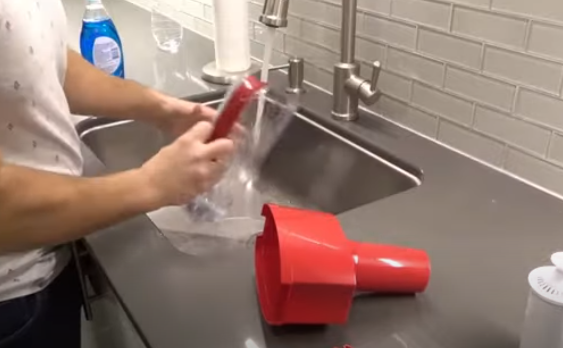
Cleaning a water filter pitcher is easy.
- Rinse off the exterior of the pitcher with warm soapy water
- Remove and discard the used filter
- Deep wash the pitcher
- Activate the filter by soaking it, follow the manufacturer instructions
- Replace the filter
- Reassemble the pitcher and fill it with water.
You can also use vinegar or baking soda to clean the inside of your pitcher if necessary.
Do All Water Filter Pitchers Remove Bacteria?
No, not all water filter pitchers are designed to remove bacteria. It’s important to check the product specifications before purchasing a filter pitcher to make sure it can effectively reduce or remove bacterial particles from your tap water.
Why Is My Filter Not Filtering Efficiently?
- The most likely cause is that it needs to be changed. Filters become clogged over time.
- Make sure you replace your filter properly.
Are Any Filters Compatible With My Pitcher?
Most water filter pitchers are designed to work with the manufacturer’s own filters. However, some brands may be compatible with third-party filters. Always check the product specifications before purchasing a replacement filter to make sure it is compatible with your pitcher.
Conclusion
When it comes to choosing the best water filter pitcher, there are several factors to consider. From the type of filter used, to size, price, efficiency and brand – there are many things to think about when making your purchase. By researching each of these aspects carefully, you can find a filter pitcher that meets your needs and provides clean and safe drinking water for you and your family.

Meet Nigel Pearson, a water filter enthusiast with a background in molecular biology. He’s all about making sure we have safe drinking water, and he’s got a bunch of interests that tie into it – think science, technology, plants, and genetics.
Imagine someone who loves learning how living things work on a tiny level – that’s Nigel. He’s studied how genes and molecules come together to make life happen. But what really caught his attention is how living things adapt to their surroundings.
Nigel didn’t stop at just learning about this stuff – he decided to use his smarts to help solve a big problem: how to get clean drinking water for everyone. He writes cool blog posts that explain tricky science things in simple words. You’ll get to read about stuff like how plants can help clean water, or how new inventions are changing the way we purify water.
But it’s not just about science and tech for Nigel. He truly cares about people and their need for safe water. Every blog post he writes shows how much he wants to make a difference. By sharing his knowledge, she wants to get more people thinking and caring about clean drinking water.
